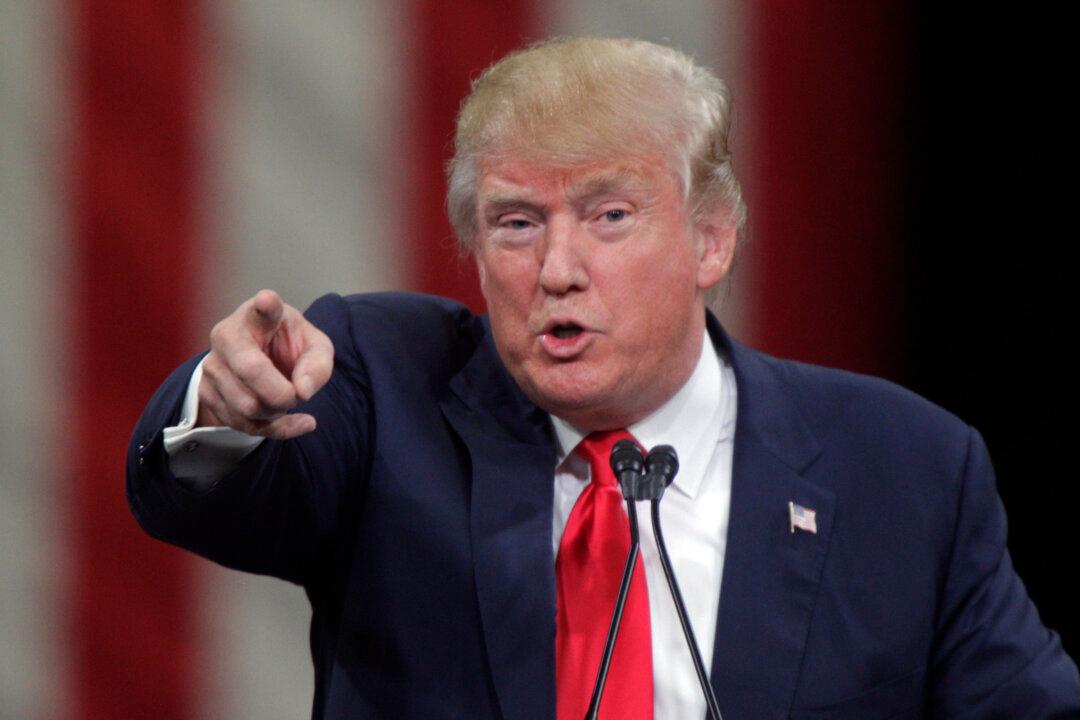COLUMBUS, Ohio—Republican presidential candidate Donald Trump says the U.S. should engage in much more aggressive interrogation techniques on terrorism suspects as he continues to push a hard line on national security after the Paris attacks.
Speaking to thousands at a packed Columbus rally, Trump said techniques practiced until late in the Bush administration and disavowed by President Barack Obama should be brought back because they work.
That includes waterboarding, he said, a practice that simulates drowning. He said he'd restore waterboarding “in a heartbeat” and approve “more than that.”
A Senate Intelligence Committee report last year concluded that harsh interrogation techniques failed to produce information that the CIA couldn’t have obtained elsewhere or didn’t already have. Republican leaders objected to the report’s findings, as did some former CIA officials, who said they gained vital intelligence that still guides counterterrorism efforts.
Trump, who has been advocating a bullish — if vague — approach to foreign policy, declared, “Only a stupid person would say it doesn’t work.” He went on: “If it doesn’t work, they deserve it anyway for what they’re doing to us.”
Trump had said a day earlier that he believed the U.S. should bring back enhanced interrogation techniques, including waterboarding, because they are “peanuts” compared with the torture methods used by the Islamic State group.
Trump also dug in his heels Monday over claims that he saw “thousands and thousands” of Muslims celebrating the 9/11 attacks in Jersey City. There is no evidence in news archives of mass celebrations by Muslims in Jersey City, as he alleged on the weekend.
He appeared to dial back his words slightly, saying he “saw people getting together and in fairly large numbers celebrating as the World Trade Center was coming down” both “on television and I read about on the Internet.”





